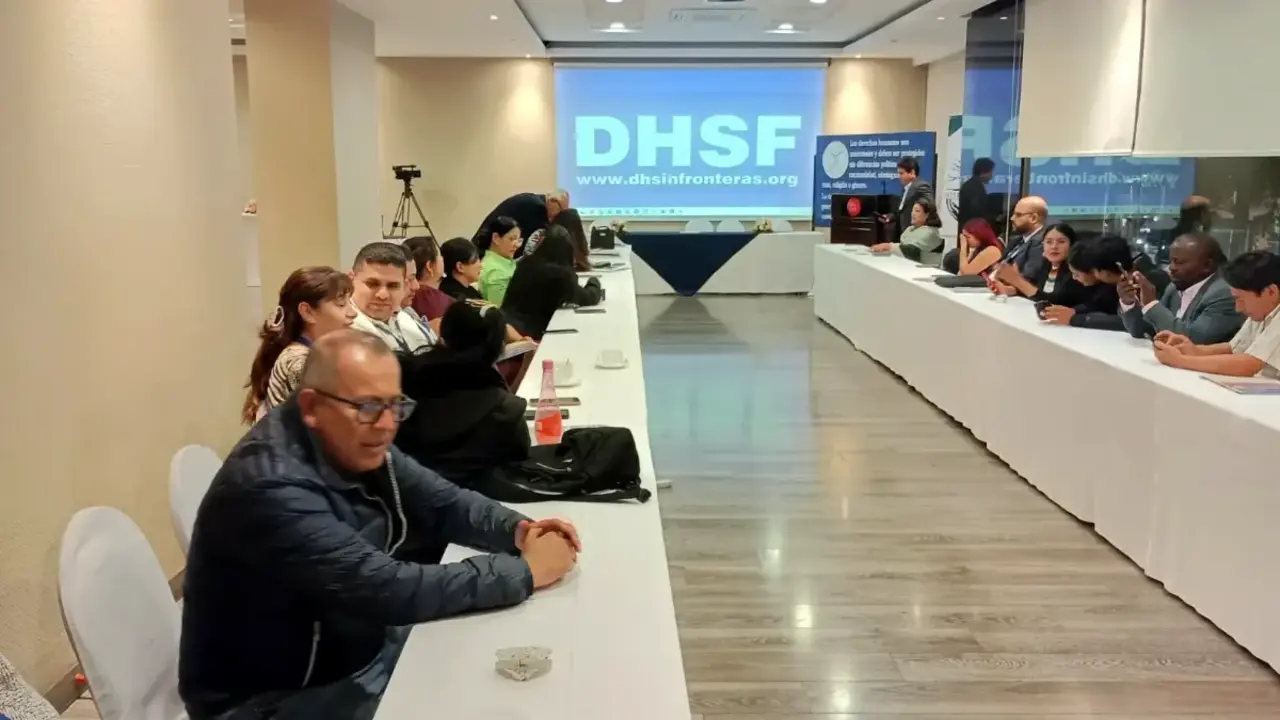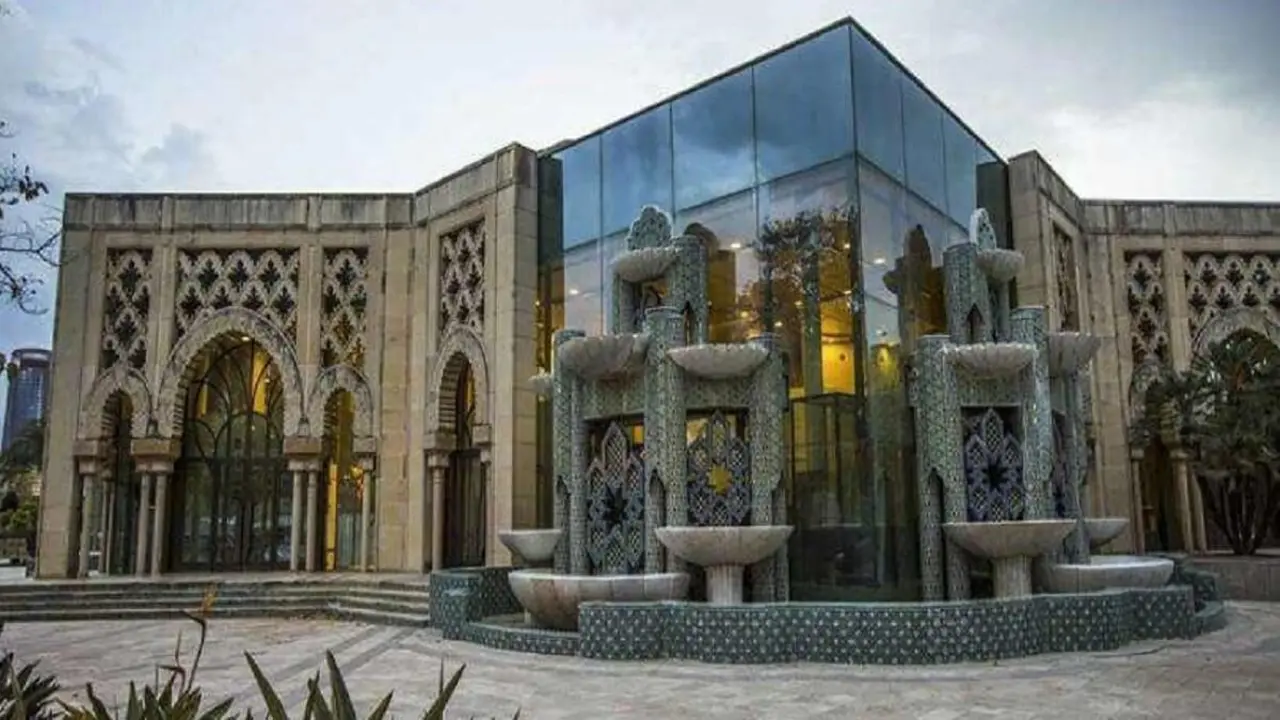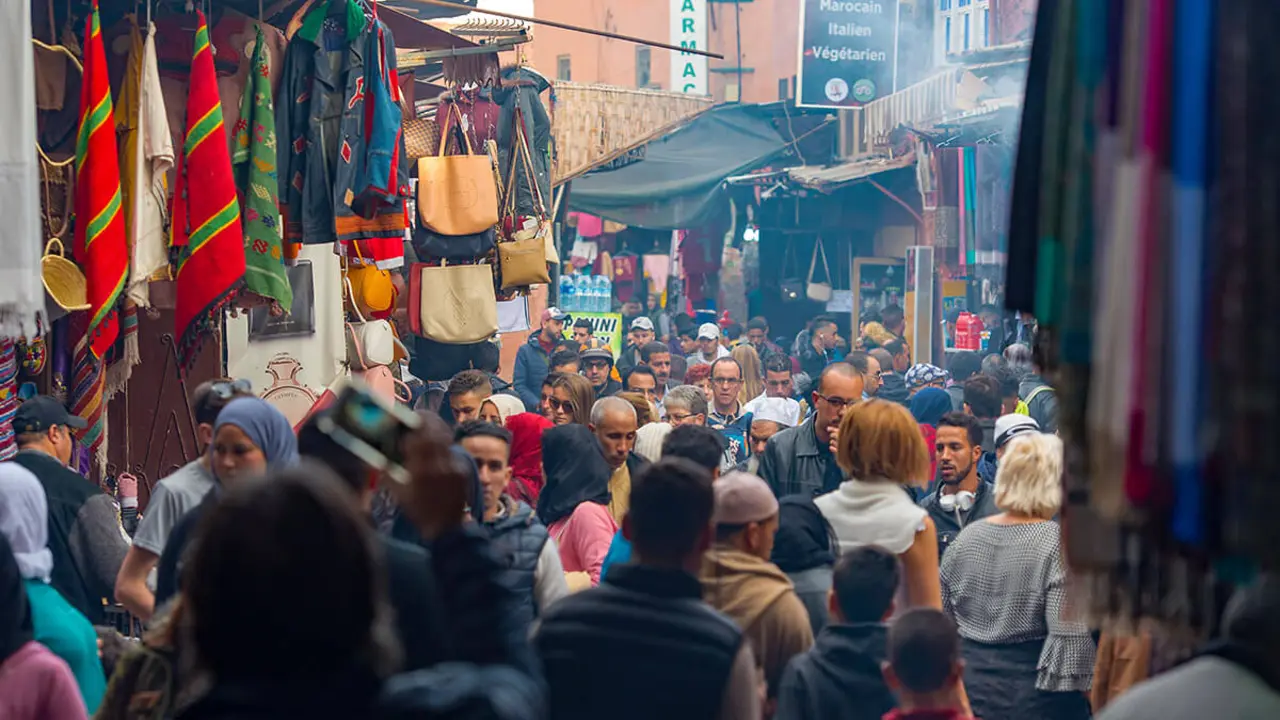Human Rights Watch denounces interference with humanitarian aid delivery in Yemen
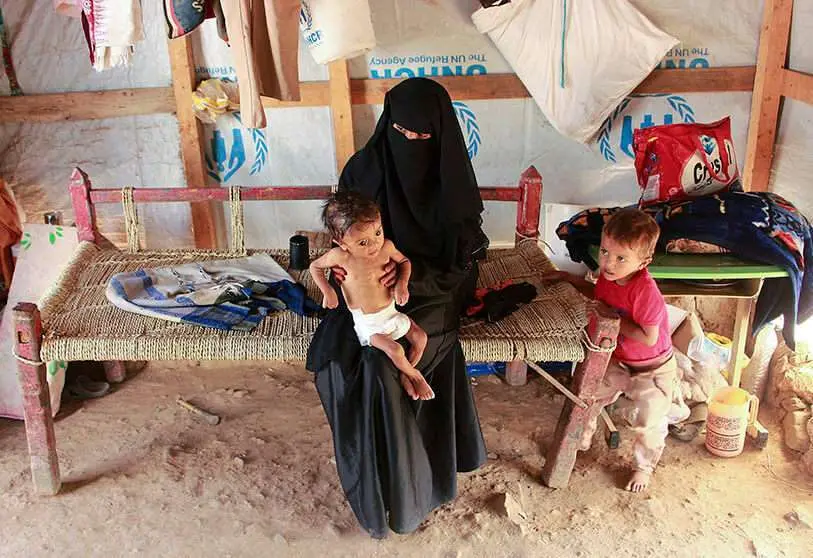
A new report published by Human Rights Watch (HRW) reveals how Houthi rebels, as well as other parties to the conflict in Yemen, are hindering the humanitarian aid that the country needs. The Houthis, who control the Yemeni capital Sana'a and many other cities in the north of the country, "have a particularly damning record of preventing aid agencies from reaching civilians in need," says HRW in its report: "Deadly Consequences: Obstruction of Aid to Yemen during COVID-19.
According to the human rights organisation, the rebels used their influence in the region to divert relief items to their own organisation and block aid containers in the ports. The Houthi authorities, according to Reuters, told HRW that allegations of interference with aid were "unfounded".
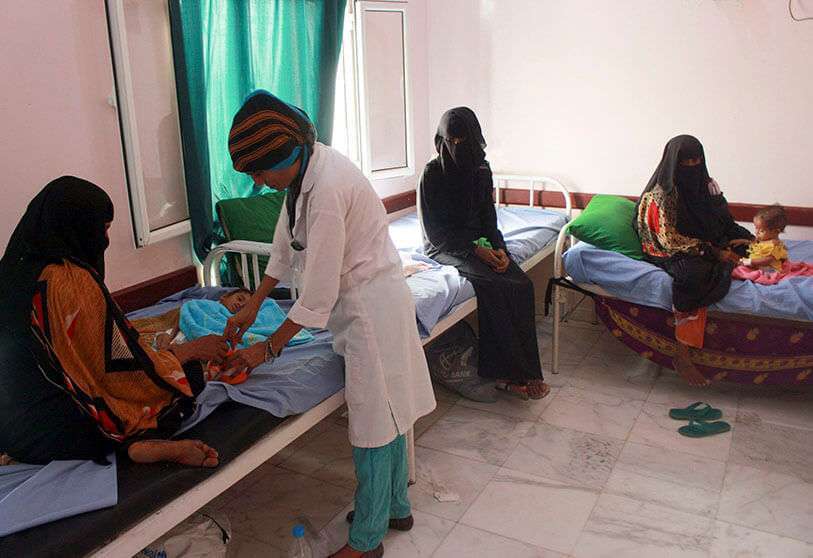
The United Nations and the international community pressured the rebels to make certain concessions, and the rebel group agreed not to interfere with humanitarian aid. "Millions of people are suffering in Yemen because the Houthis and other Yemeni authorities have denied the UN and other humanitarian agencies access to those in need," said Gerry Simpson, HRW's associate director for crises and conflict and author of the report.
In recent days, violence has intensified after a video circulating on social networks showed five people torturing a man, triggering demonstrations in the Yemeni capital and leading to the arrest of 30 people involved in the protests by the Houthis, who control the capital.
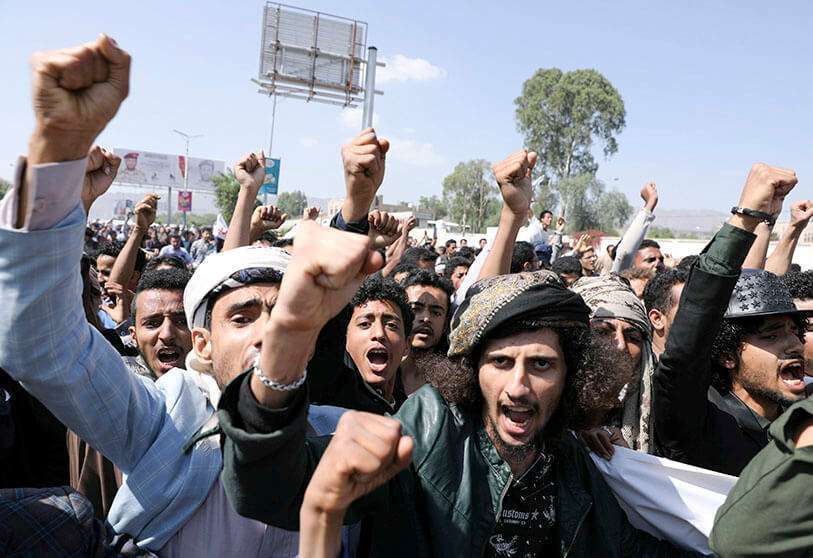
Last week, the rebels claimed to have launched several drones loaded with explosives and a ballistic missile into Riyadh, amid an intensification of air strikes by this group against targets in Saudi Arabia.
As US broadcaster CNN points out, in March, the Trump administration and its international partners in the region - Saudi Arabia and the United Arab Emirates - cut funding to the UN appeal for Yemen, which means a reduction in health care services for Yemenis. It has also forced a reduction in food aid.
According to UN data, last year the United States contributed nearly $1 billion to the UN appeal, but this year it has contributed less than $410 million.-.The cuts, according to CNN, largely affect the north-east of the country - an area controlled by the Houthis and supported by Iran. Saudi Arabia has also halved the support it promised to the UN. In 2019 it gave more than $1 billion and this year it has committed $500 million, but the international organisation says only $23 million has arrived.
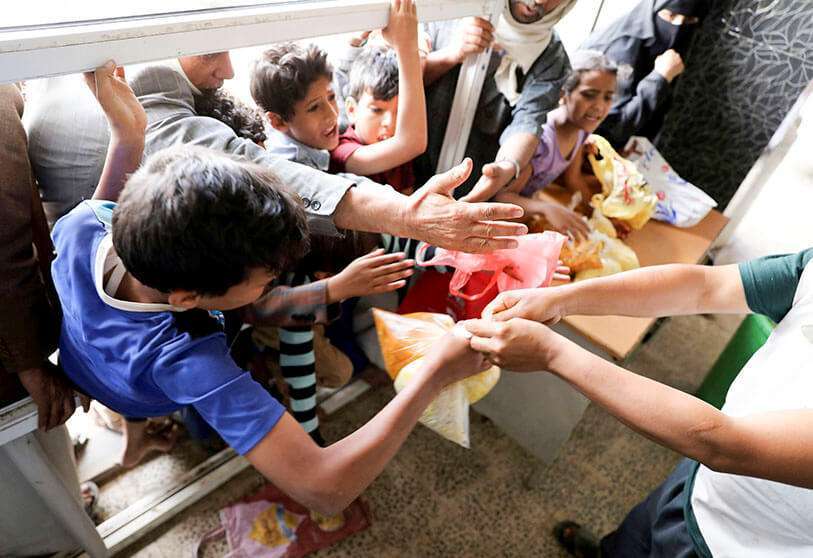
The UAE, which gave $420 million in 2019, has not yet contributed to the UN humanitarian operation in Yemen this year, according to UN figures. This year, the UN has received only 24% of the $3.4 billion requested by 2020 for the aid project in the Asian country.
These three countries - the United States, the United Arab Emirates and Saudi Arabia - are key players in the Yemeni conflict, and in 2018 and 2019 they were the main donors to the UN's response to Yemen..
The United Nations has called Yemen the worst humanitarian crisis in the world, with 80% of the 30 million people in need of assistance. The conflict stems from the failure of the political transition that was supposed to bring stability to the country after the Arab Spring forced its former authoritarian president, Ali Abdullah Saleh, to hand over power to his deputy, Abdrabbuh Mansour Hadi, in 2011. Conflict in Yemen finally erupted in 2014 when the Houthi movement led a coup against the capital's government, led by Abd Rabbuh Mansur al-Hadi
A year later, the intervention of the international coalition, mainly composed of Saudi Arabia and the United Arab Emirates, intensified one year later with the intervention of the Arab coalition, mainly composed of Saudi Arabia and the United Arab Emirates

